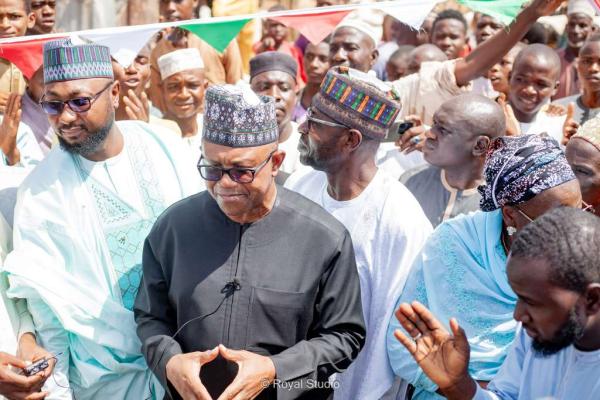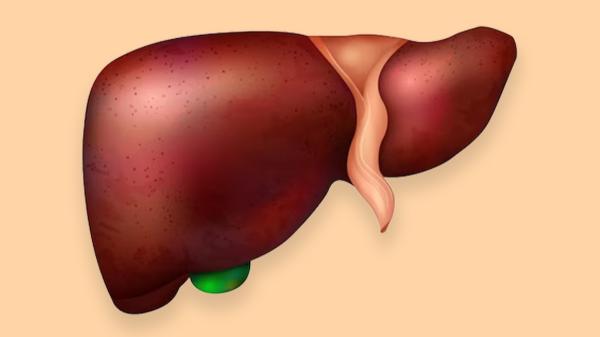Despite Sudan’s recent political upheaval that saw Omar al-Bashir ousted, after three decades of ruling the country with an iron fist , the nations';;;s camel trade industry has remained steady part.
Traders from across African nation descend daily on the El Molih camel market, in the city of Omdurman, west of the capital Khartoum, to buy and sell herds of the desert animal.
Some camels are sent to slaughter houses for meat, while superior breeds are exported to Gulf countries such as Bahrain, Saudi Arabia, United Arab Emirates to take part in multi-million-pound races.

Photographs for a recent market day shows camels being harnessed to a crane with its front and hind legs bound to restrict its movement.
The desert animals are then carefully lifted to the back of rigs bound for Egypt, Israel or Gulf nations.
The price of each camel depends on what purpose the animal is sold for.
According to report, a camel sold for meat can be sold between 60,000 to 90,000 Sudanese pounds (£1,058 to £1,587).

But the camels destined for racing in the Gulf nations can be sold for as much as 1.5 million Sudanese pounds (£26,447) each.
Following al-Bashir';s ousting in April, many camel traders have been oblivious to the country’s biggest political upheaval in decades.

Ahmed Mohamed Ahmed, a camel seller, said: ‘With or without Bashir, this country is just the same for us.’
‘All we are interested in is whether the price of livestock goes up or down,’ he added
Another camel trader, Ali Habiballah, 52, said: ‘What protests? We have all that we need in the desert -- water, food and livestock, we don’t have any demands.’

His son added: ';We don';t care about politics. I don';;;t even go to Khartoum.';;;
Sudan was first rocked by a political crisis since December 19, when protests erupted against the tripling of bread prices by the then government of Bashir.























